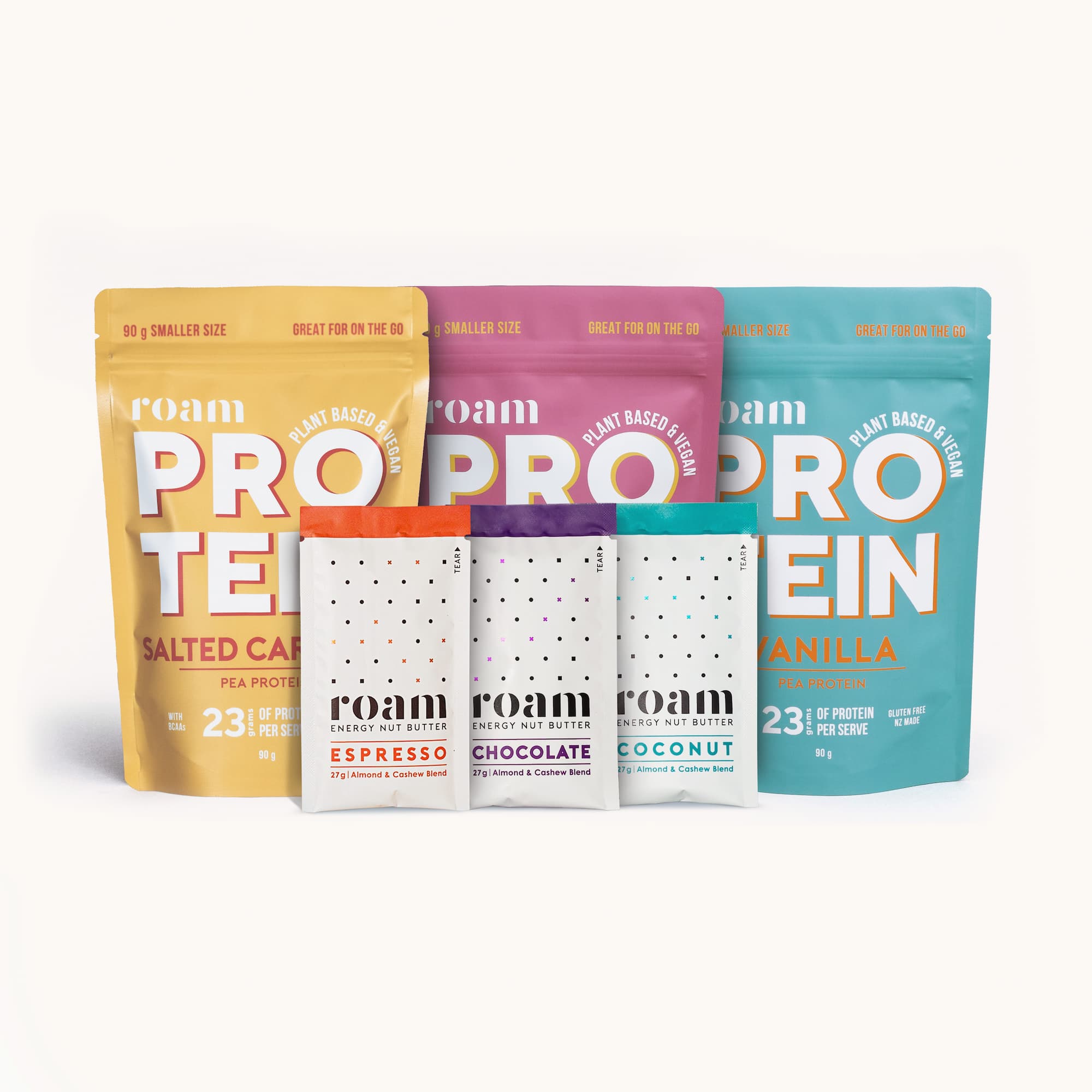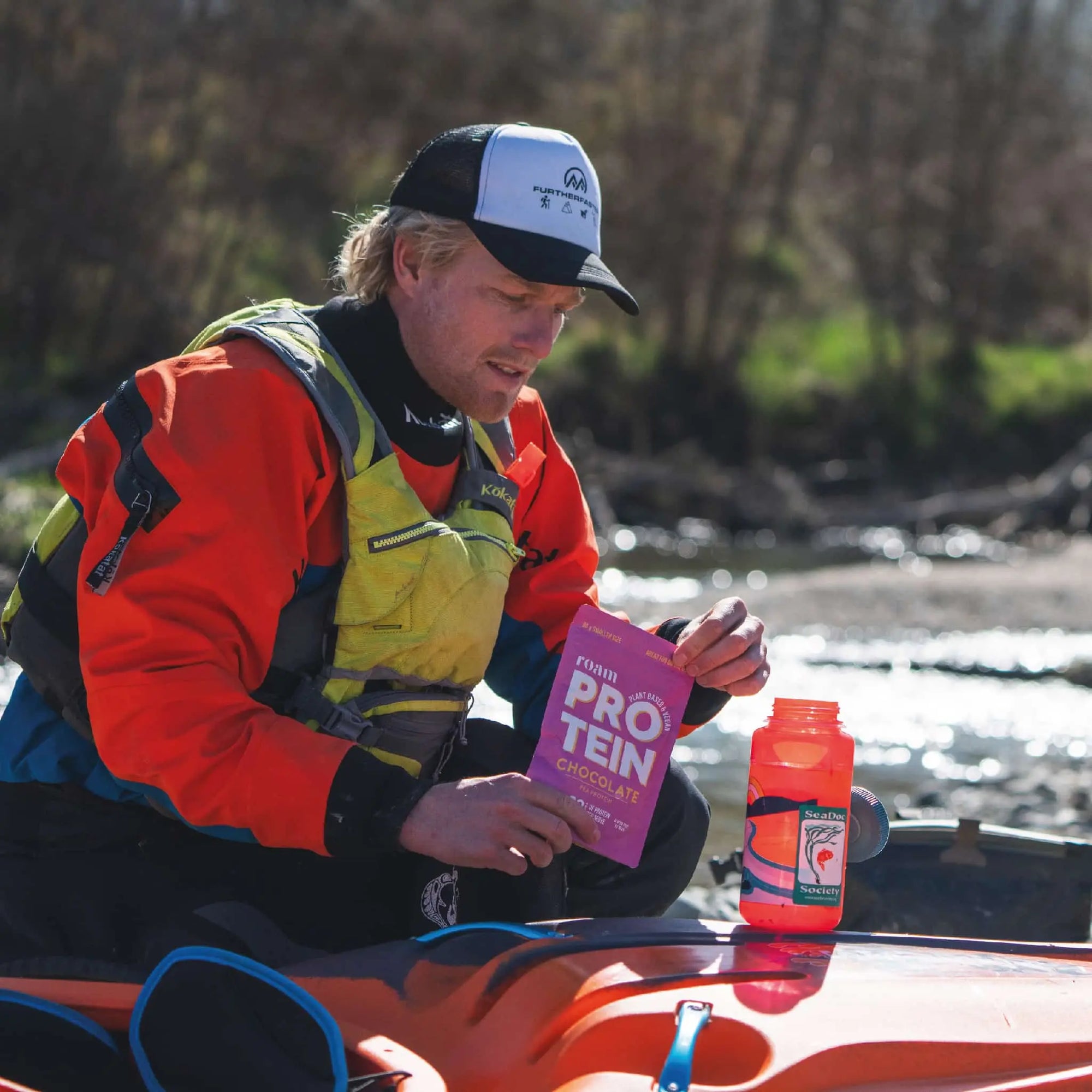Fuelling Young Swimmers: Nutrition Tips for Parents
Swimming is more than just a fun activity or competitive sport for kids and teenagers; it's a physically demanding endeavour that requires proper nutrition.
As a parent, understanding how to fuel your young swimmer can make a significant difference in their performance, growth, and overall well-being.
This article will help you navigate the essential aspects of swimming nutrition, ensuring that your child has enough energy before their swimming session and can properly restore energy and recover afterwards.
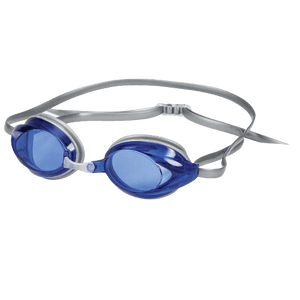
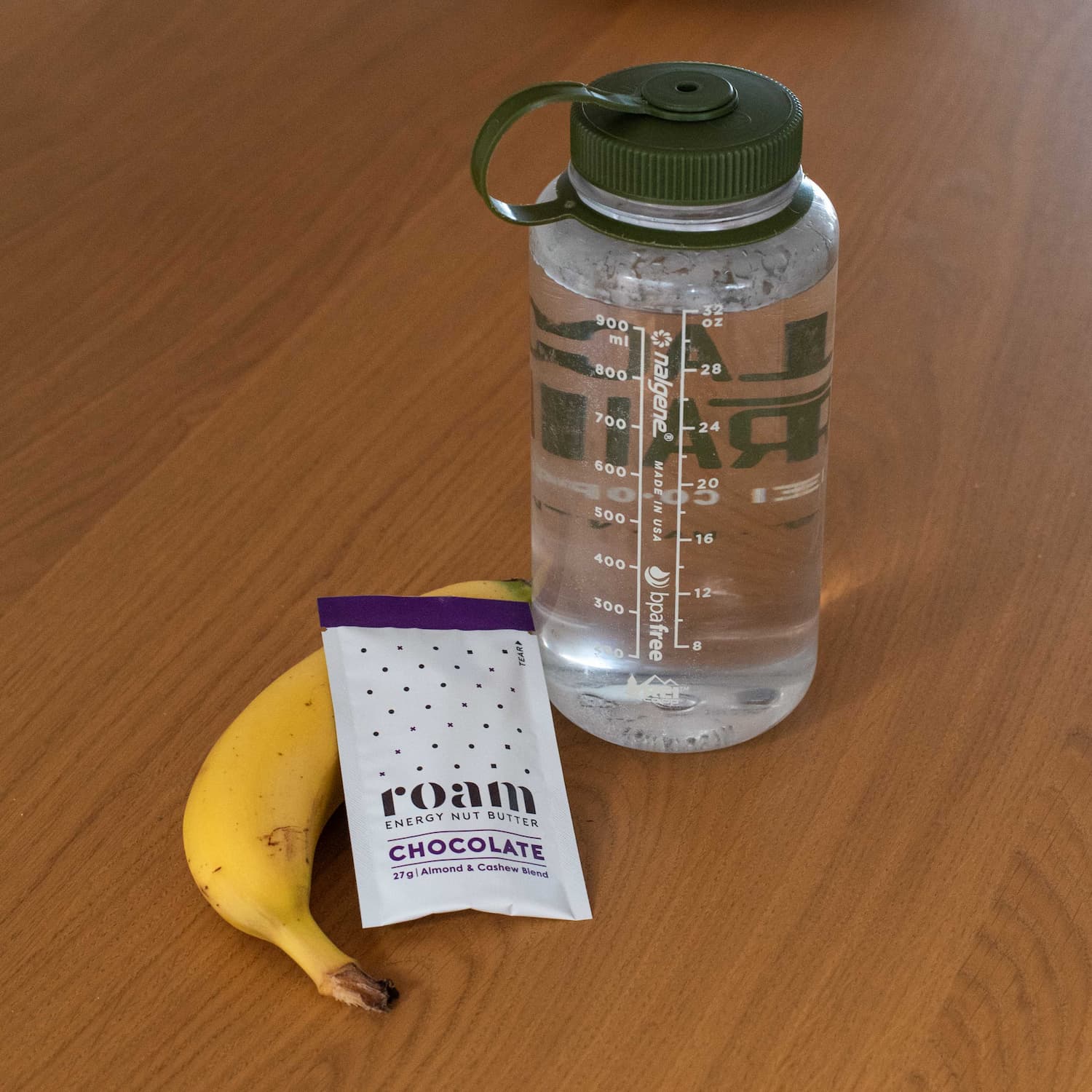
The Risk of Under-Fuelling
One of the biggest challenges for younger swimmers is under-fuelling for training. Having energy-rich snacks like Energy Nut Butter, fruit, bars, and any drinks ready in your child's sports bag can be a lifesaver, especially when they're rushing from school to practice.
Energy Nut Butter is made from all natural ingredients and is plant-based. The Chocolate and Coconut flavours are great options for young kids or teenagers.
Their sports bag is their pantry
Keeping essentials in your child's sports bag is one of the easiest ways to ensure they have what they need. This includes:
- A Drink Bottle: For hydration before, during, and after practice.
- Pocket-Ready Snacks: Items like Energy Nut Butter that don't spoil are perfect.
- Effervescent Electrolyte Tablets: Useful for extra hydration after swims.
- Double-Wall Insulated Shaker: Great for a drink bottle or pre-preparing a protein shake or smoothie, keeping the contents cold.
Before Training: Quick and Nutrient-Dense Options
- Morning Swims: Offer light, easily digestible options like toast with honey or a banana with Energy Nut Butter. These choices should be gentle on the stomach. Encourage them to drink a glass or two of water before swimming.
- Afternoon Swims: Ensure your child has eaten a nutritious lunch. They may need another light snack before practice, such as a banana with a protein shake, a smoothie, nut butter, or a bar.
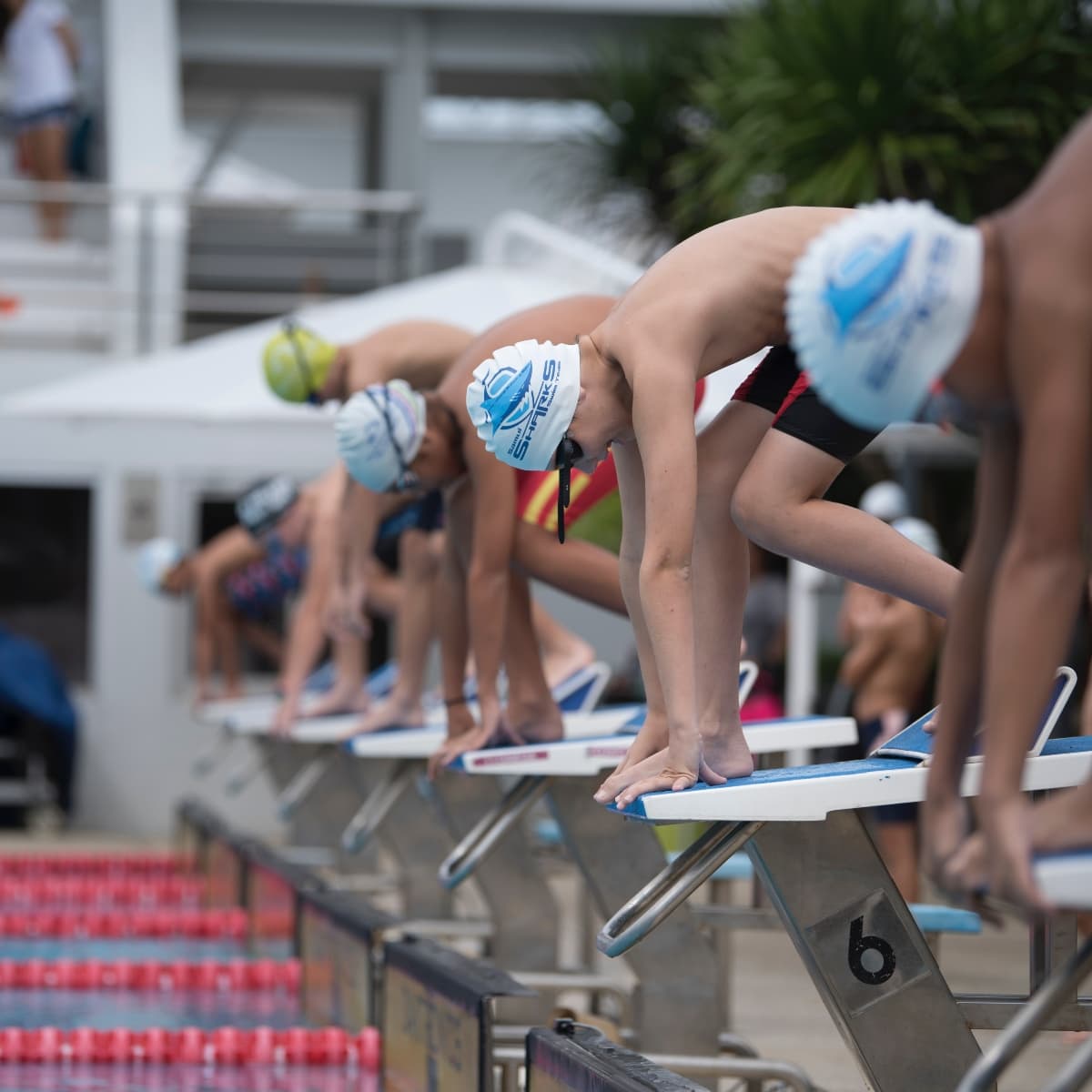
During Training: Hydration and Energy Maintenance
Depending on the length of the session, access to water or a carbohydrate-rich drink with electrolytes is useful to maintain energy and hydration levels. In most cases, water and light food options are perfectly fine.
After Training: Recovery Essentials
Restoring lost energy and promoting recovery is crucial. Your child will likely need something more substantial to eat after a morning swim. A meal rich in carbohydrates and protein is essential. If pressed for time, a protein shake with a banana or bar can be a good option.
Roam Protein, made from 5 simple ingredients, is suitable for kids and teens and can also work as a great afternoon snack option. Our double-insulated protein shakers can also keep a shake or smoothie cold, so they've got something ready-to-go when they've finished training.
A Note on Sports Drinks and Energy Drinks
The term "sports drink" can be confusing, and energy drinks like Red Bull are not be suitable for young swimmers due to the concentrated sugar content and high caffeine levels.
A sports drink contains carbohydrate (usually in the form of sugar) and electrolytes (mainly sodium and potassium). Some can contain other vitamins, minerals and amino acids. These can come in ready-to-drink forms (Powerade) or powder forms. Powders can be a more affordable option. For long and demanding sessions or race days, a sports drink with carbohydrates and electrolytes may be more appropriate.
Understanding the nutritional needs of your child helps in making the right choices. Electrolyte tablets (with no added sugar) might be suitable, especially after a swim session. Younger athletes usually lose less sodium through sweat than adults, so replacing electrolytes isn't as crucial for them.
Avoid canned energy drinks high in caffeine and fizz; your money is better spent on high-quality fuelling options.
Proper nutrition is a vital part of your child's swimming success.
By planning ahead and understanding the unique nutritional needs of young swimmers, you can support their growth, performance (and recovery), and overall well-being.
Whether it's a quick snack before practice or a well-balanced meal afterward, the right nutrition strategy can make all the difference in your young athlete's success.
Remember, the best fuel comes from quality ingredients, and Roam's products are designed to support active lifestyles at every age.
Swimming Essentials
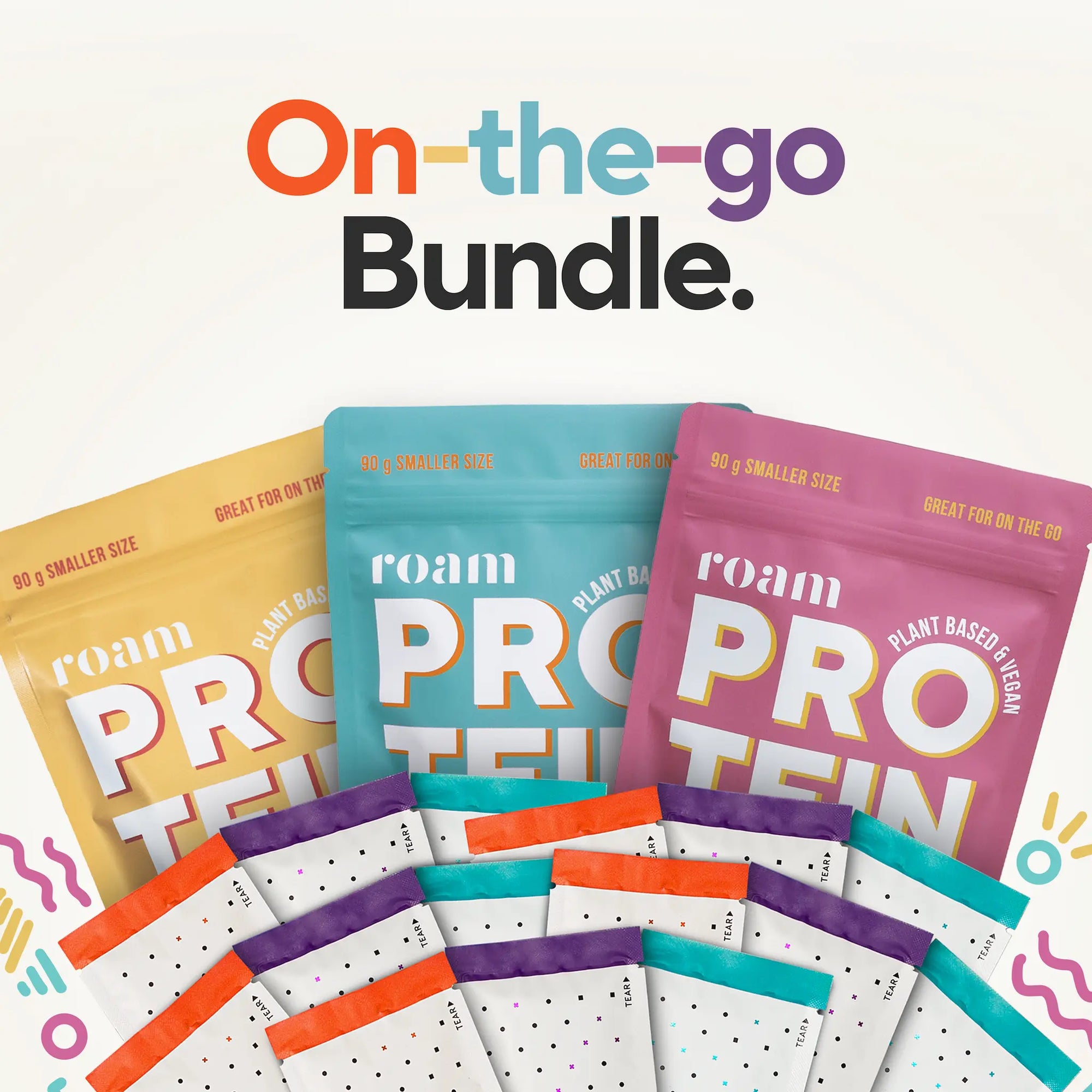
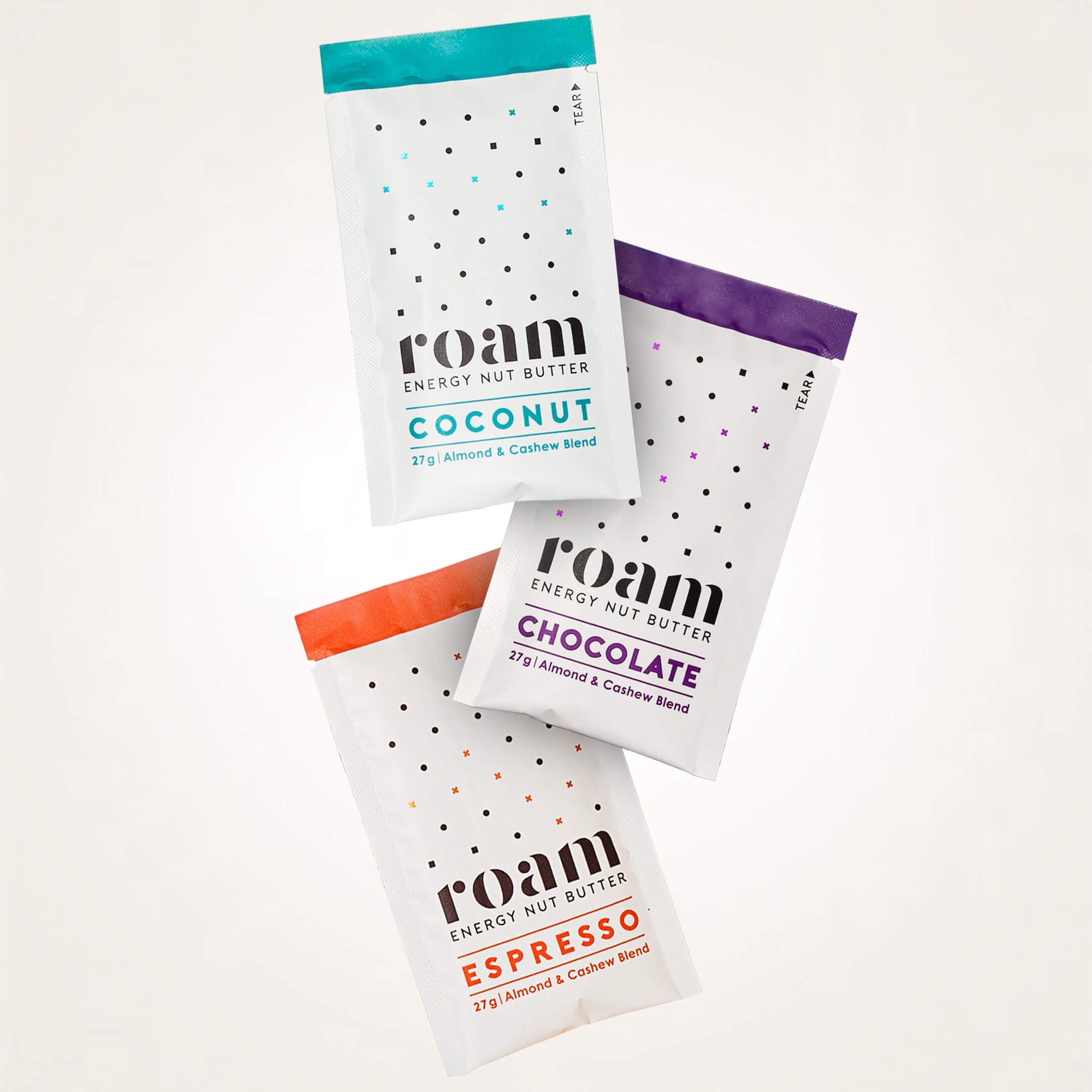
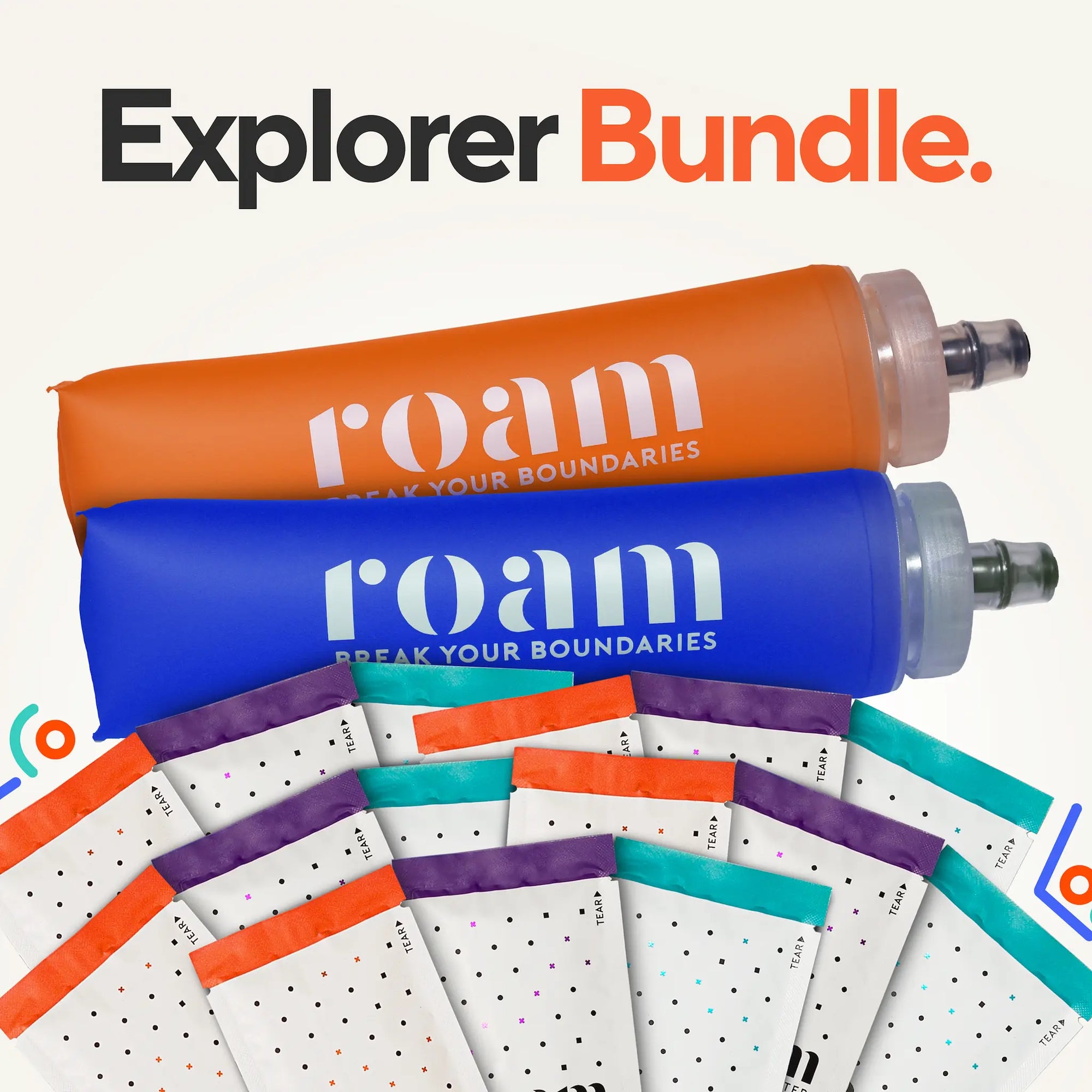
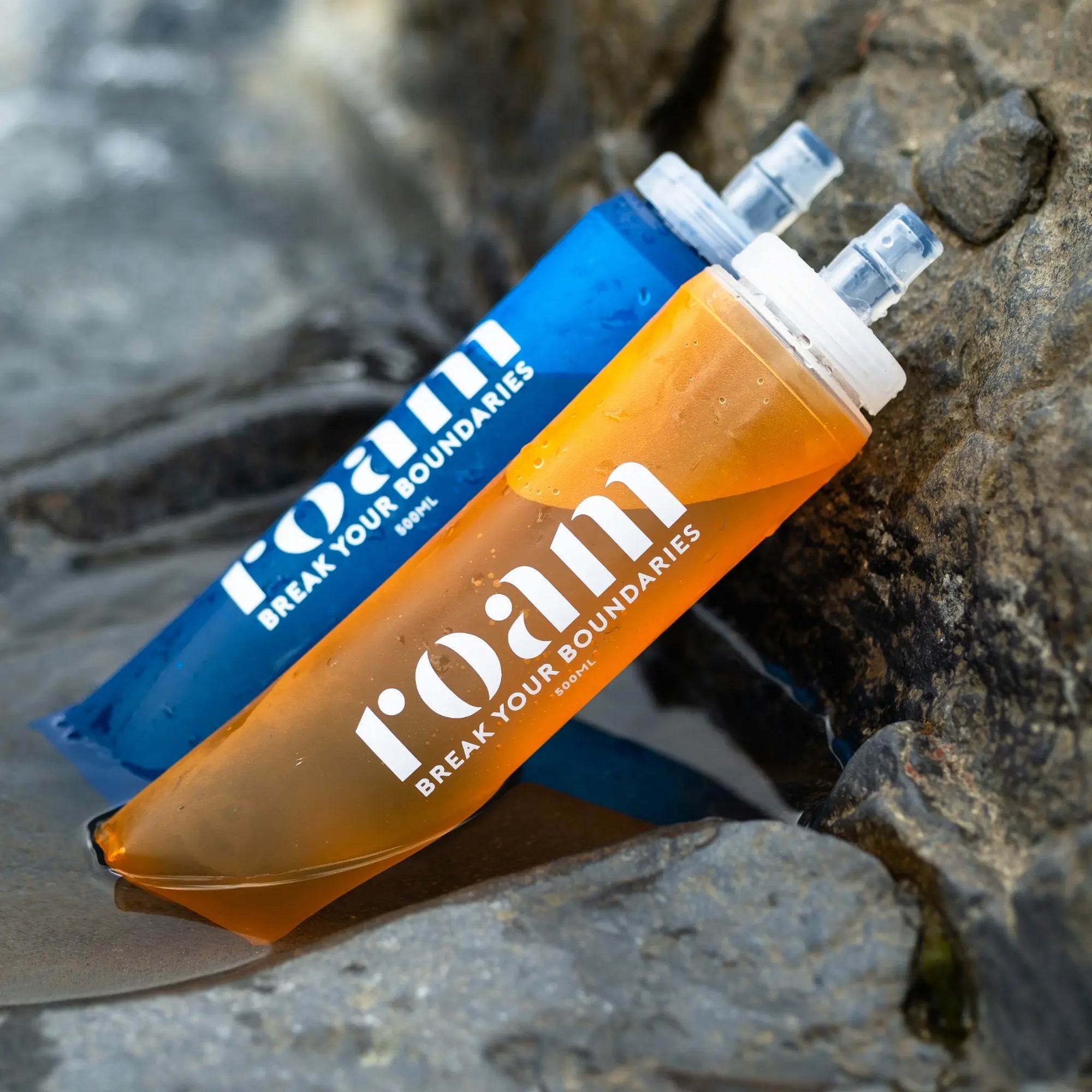
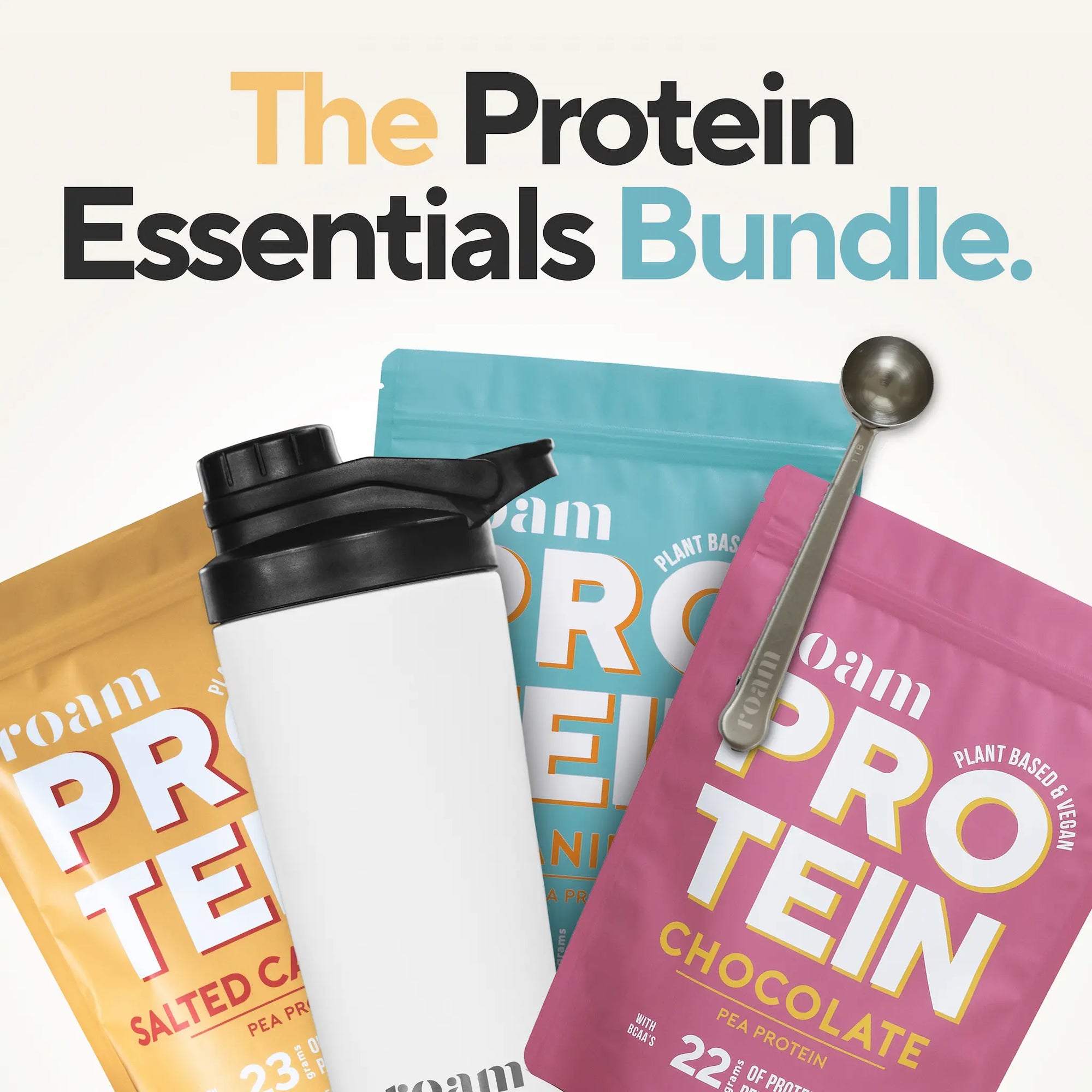
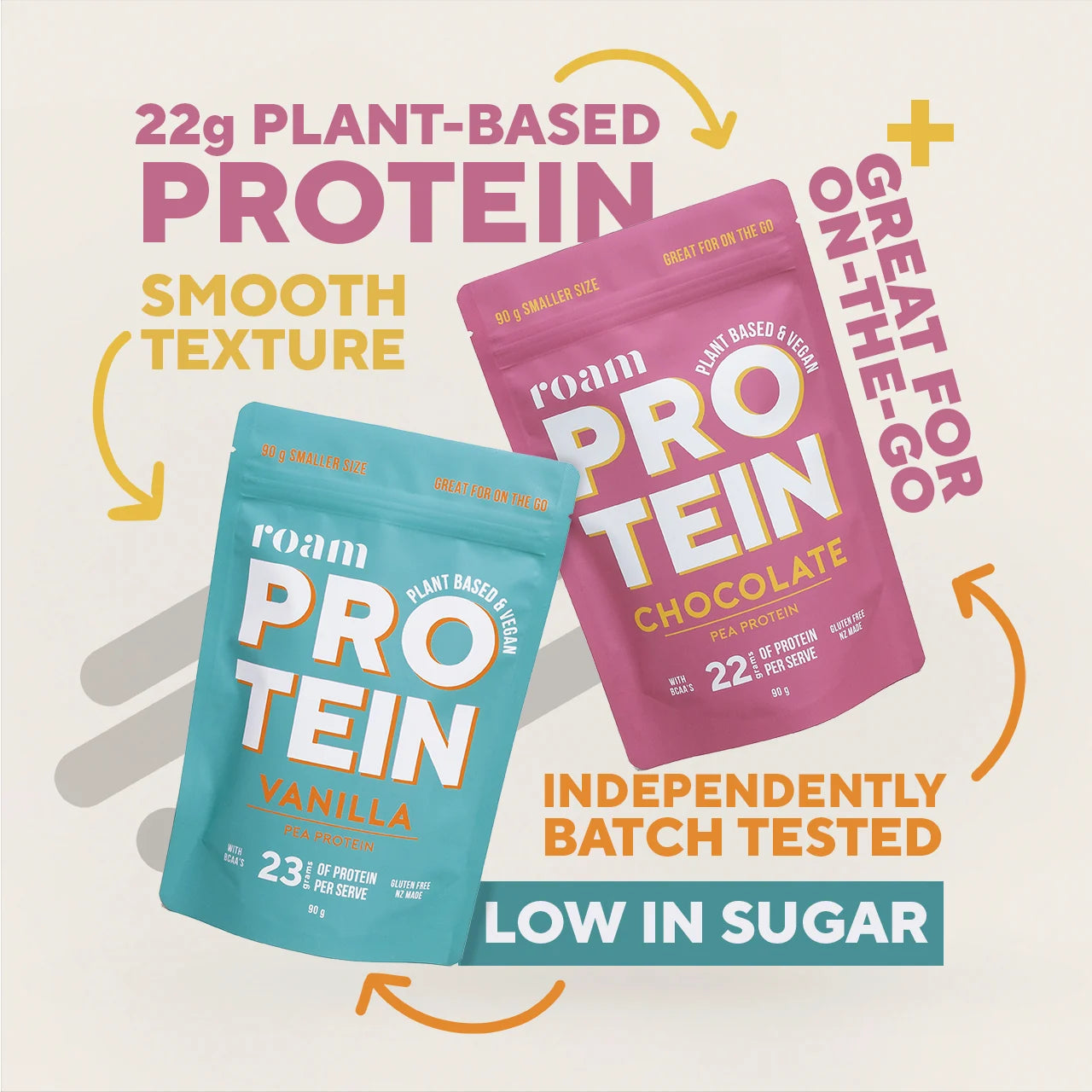 Protein Essentials Bundle
Protein Essentials BundleProtein Essentials Bundle
Regular priceUnit price per$194.95 NZDSale price $150.00 NZD